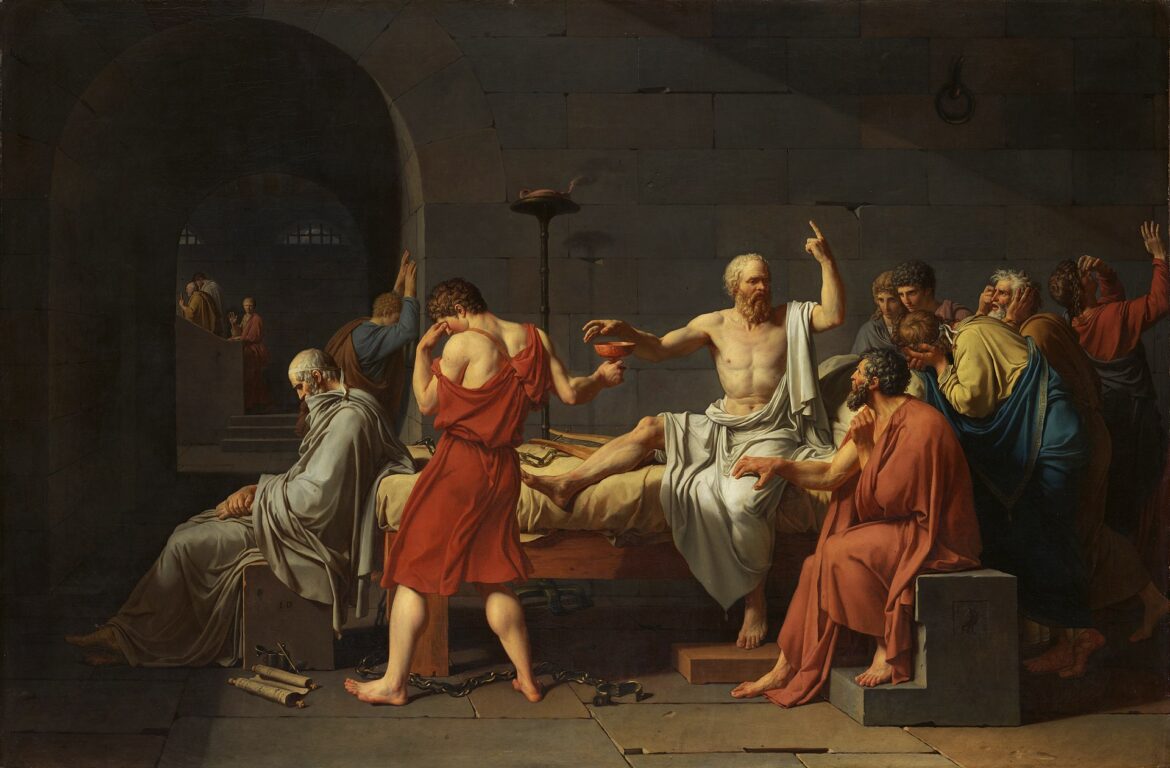Trivium Academy offers classes and tutoring to homeschool students aged 8-18. Our mission is to educate students, so that they may speak, write, and think well and live free and virtuous lives. The goal of classical education is to transmit the traditions, values, and collective memory of Western civilization by enabling students to read the classics in their original idiom: Latin.
Grammar, logic, and rhetoric are the means of acquiring, understanding, and organizing knowledge. This knowledge is to make a student understand and wish to pursue the true, the good, and the beautiful. In the words of Hugh of Saint Victor, "Grammar is the knowledge of how to speak without error; logic is clear-sighted argument which separates true from false; rhetoric is the discipline of persuading to every suitable thing." Aristotle wrote that the purpose of education is to teach a student to like or dislike what he ought. This is summarized in our motto. Cognoscere optanda: to know what ought to be wanted.
In classical education, a student learns how to relate facts into a unified, organic whole. But facts cannot be unified into conceptual frameworks unless they are first known and understood. Therefore, a good education requires knowledge and understanding of facts and a focus on content. Many schools fail precisely because they try to teach concepts without knowledge. The solution is a content-based curriculum aimed at mastery.
Our educational philosophy is based on the concept of cultural literacy: the ability to understand and participate in a culture which aims to develop minds and abilities through shared knowledge. Culture does not merely entertain or amuse; it elevates and improves. To preserve a culture and be its beneficiary, it must be shared and understood.
What is Trivium Academy?
We offer classes and tutoring with a classical curriculum to homeschool students and other students seeking additional classes.
Our curriculum is based on the classic texts of Western civilization. Older students read these authors directly. Younger students are taught the knowledge and skills needed to understand them.
What is classical education?
The goal of classical education is to transmit the traditions, values, and collective memory of Western civilization by enabling students to read the classics in their original idiom: Latin.
Classical education is based on the trivium: grammar, logic, and rhetoric. These are the means of acquiring, understanding, and communicating knowledge to make a student understand and wish to pursue the true, the good, and the beautiful. Its purpose is to teach students how to speak, write, and think well and to lead free and virtuous lives.
What are the ages of students at Trivium Academy?
Our students range in age from 8-18.
Do you accept Education Freedom Account (EFA) funds?
Yes. We are an approved EFA provider. Families eligible for EFA funds can receive thousands of dollars per year which can be applied to education costs.
What do I need to do to register a student as a homeschooler?
To do homeschooling under EFA guidelines, please see this article. If you use EFA for your homeschooling needs, you are not a traditional homeschooler as defined under RSA 193:A. However, you may use EFA funds while homeschooling if you satisfy EFA guidelines.
To be a traditional homeschooler, submit a one-time notification letter to your school district or the state Department of Education that you are initiating a home education program. Parents in New Hampshire have the right to register students as homeschoolers at their discretion. No permission is required. If you need guidance on how to do this, please contact us. Also see rights and responsibilities for homeschooling families.
Homeschool students graduation upon self-certification, at which point they are considered high school graduates by state law.
What are the requirements for homeschool students?
Homeschool students must have a portfolio and an annual assessment. The annual assessment may be done through either (1) a standardized test or (2) a portfolio assessment by a certified teacher. A portfolio documents a student's educational progress each year and includes readings, work and writing samples, tests, and other evidence of student achievement.
Do you help to make this portfolio?
Yes. If you wish, we will work with students to gather materials for their portfolios, so that they may use these for both annual homeschooling requirements and college applications.
What is the Classical Learning Test (CLT)?
The CLT is a standardized test used by many colleges and universities for admission and scholarships. You may find its author bank on its website.

Trivium Academy
271 Derry Rd., Litchfield, NH
